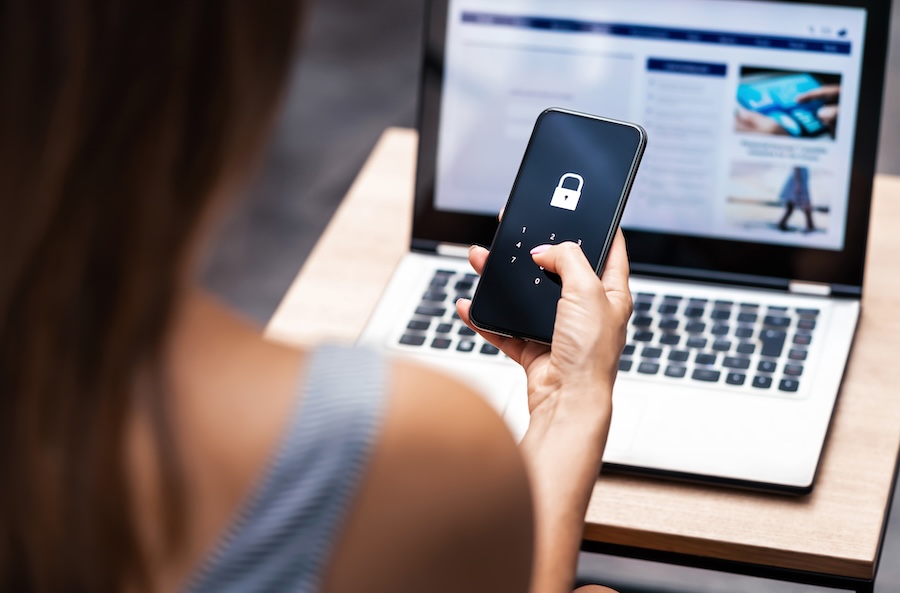What is Ad Spoofing? Car Insurance Claims Scams on Social Media

Imagine you want to make a claim on your insurance policy. You contact your insurer, and they start to process your claim. Soon you get an uneasy feeling, that you’re not getting the services you expect from your insurer. Eventually, instead of a settlement, you get hit with demands to pay thousands of pounds in fees – fees which, apparently, you’re legally liable to pay.
Why did this happen? Because the company you contacted wasn’t your insurer at all. It was an unscrupulous third party pretending to be your insurer so as to entrap you in a fraudulent legal agreement.
This is the latest insurance fraud scam that’s taking hold online. And now The Insurance Fraud Bureau (IFB) is working to raise awareness of the risks of these “ad spoofing” scams, and advising the public on how they can avoid falling victim.
What is Ad Spoofing?
The IFB is calling this latest scam “ad spoofing” because it relies on scammers creating online ads that look almost identical to authentic ads or listings from insurers. If you click on these ads, you will be taken to a site that will ask you to provide some personal details so as to receive certain claims support services.
But in doing so, you will unwittingly enter into an unsolicited legal agreement with third party firms, which could ultimately hit you with some significant costs.
Why Are Scammers Targeting Car Insurance Customers?
Though all insurance customers are susceptible to ad spoofing scams, car insurance customers appear to be most at risk – particularly those who have recently been involved in an accident.
Following an accident, you might feel distressed, or disorientated. You might not be thinking straight, so you might be less resilient when seeking out your insurer’s details.
Spoof ad scammers rely on this anxiety you might feel following a collision. They’ll use it to mislead you into believing that your car insurance policy covers you for all services in all situations.
They’ll hijack your claim and accrue thousands in fees. What happens next will depend on the nature of your claim. If you were not at fault in the accident, then the scammers will claim against the other driver’s insurer. But if you were at fault, then the burden for covering these fees will fall on you. You’ll soon find yourself pressured by certain third party firms to cover all the costs associated with the claim. And these might amount to tens of thousands of pounds.
Never Purchase Policies Through Social Media
As well as these “claim hijacking” scams, we’re also seeing ads on social media that appear to be selling insurance policies.
It’s never a good idea to purchase insurance through social media or WhatsApp. For one thing, it can be hard to verify the company you’re buying from. They may claim to be a trustworthy broker or insurer, but they may not be fully regulated. And if they’re unregulated, they may mis-sell you cover you don’t need or charge you extra admin fees that you shouldn’t have to pay.
Plus, if you buy insurance from an unregulated or fraudulent company, there’s a risk that you may part with money to buy a policy and find that no policy is in place or your policy is not valid.
Finally, sharing your personal details with unscrupulous companies online could leave you vulnerable to identity theft, or other forms of fraud.
For total peace of mind, and for a service you can depend on, only ever buy your cover from reputable, regulated insurers.
How To Protect Yourself From Ad Spoofing Scams
The best thing you can do is stay vigilant. Yes, it can be hard to keep it together following an accident but don’t let unscrupulous scammers take advantage of your stress and anxiety.
If you need to contact your insurer, or you want to make a claim on your policy, make sure that you contact your insurer directly using the contact details on their website or in your policy documents.
You can also report any suspected frauds you see online on the IFB’s website. This will empower the IFB to take action against scammers, which will help protect everyone from the latest fraud risks.
If you are a Go Girl customer and need to report an incident, you can contact our claims team on 0330 024 8050 or complete our claims form.







